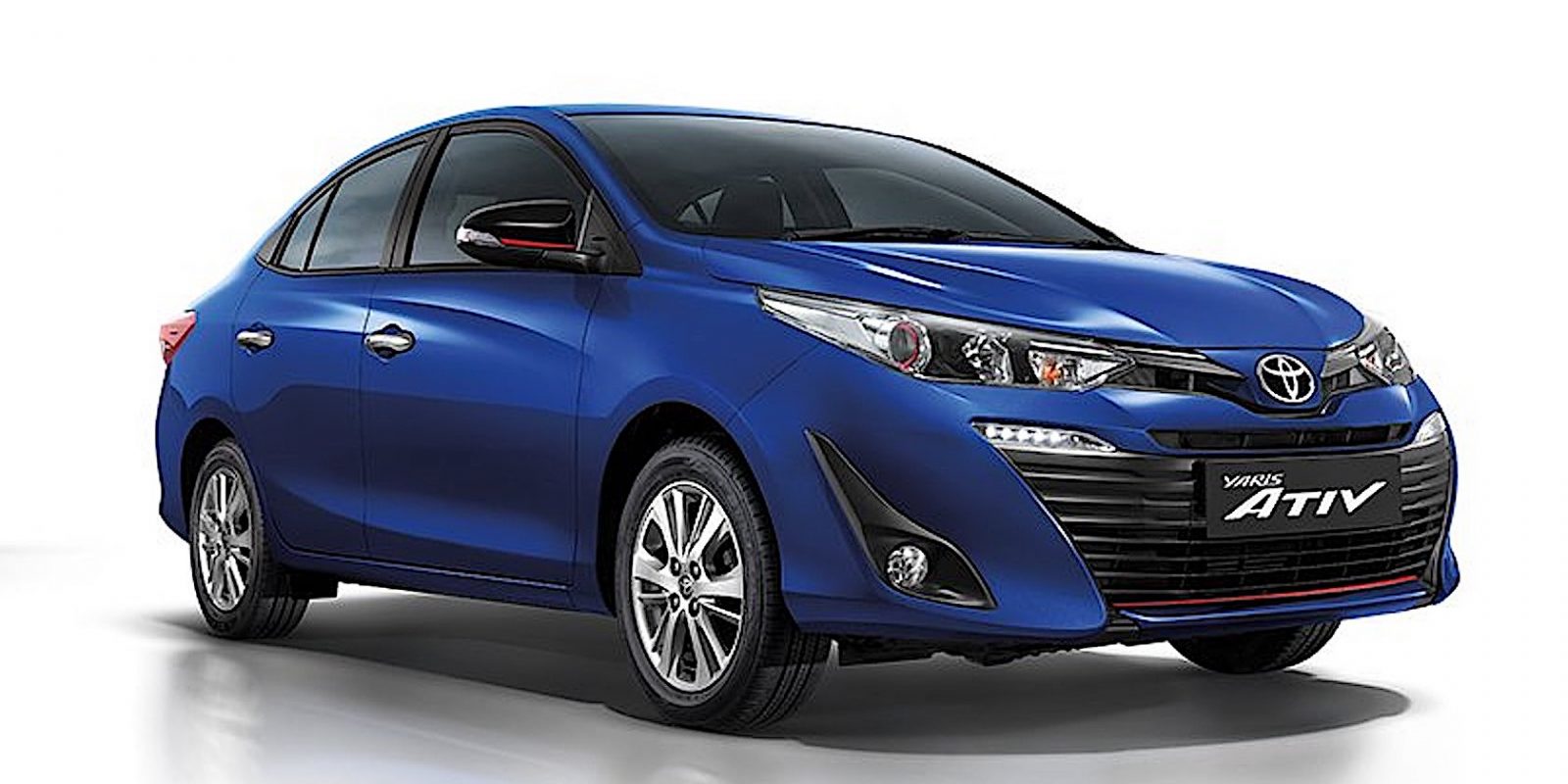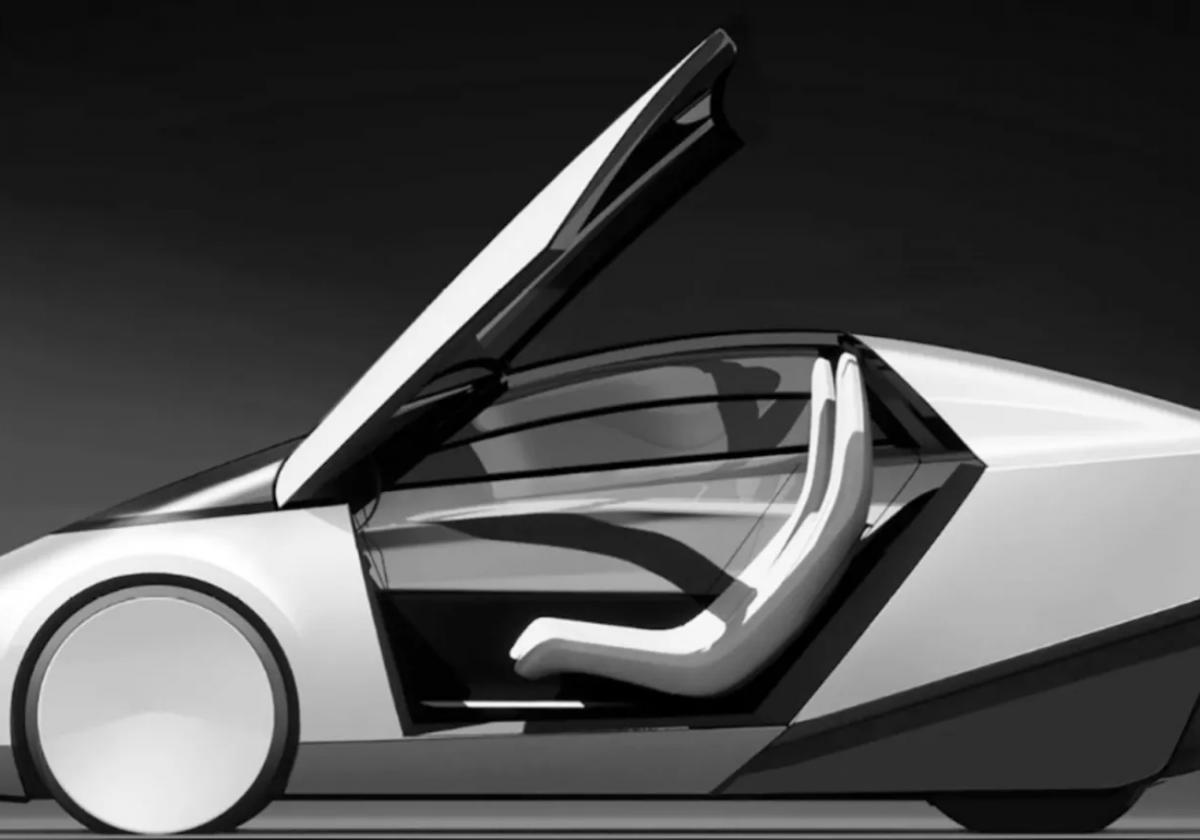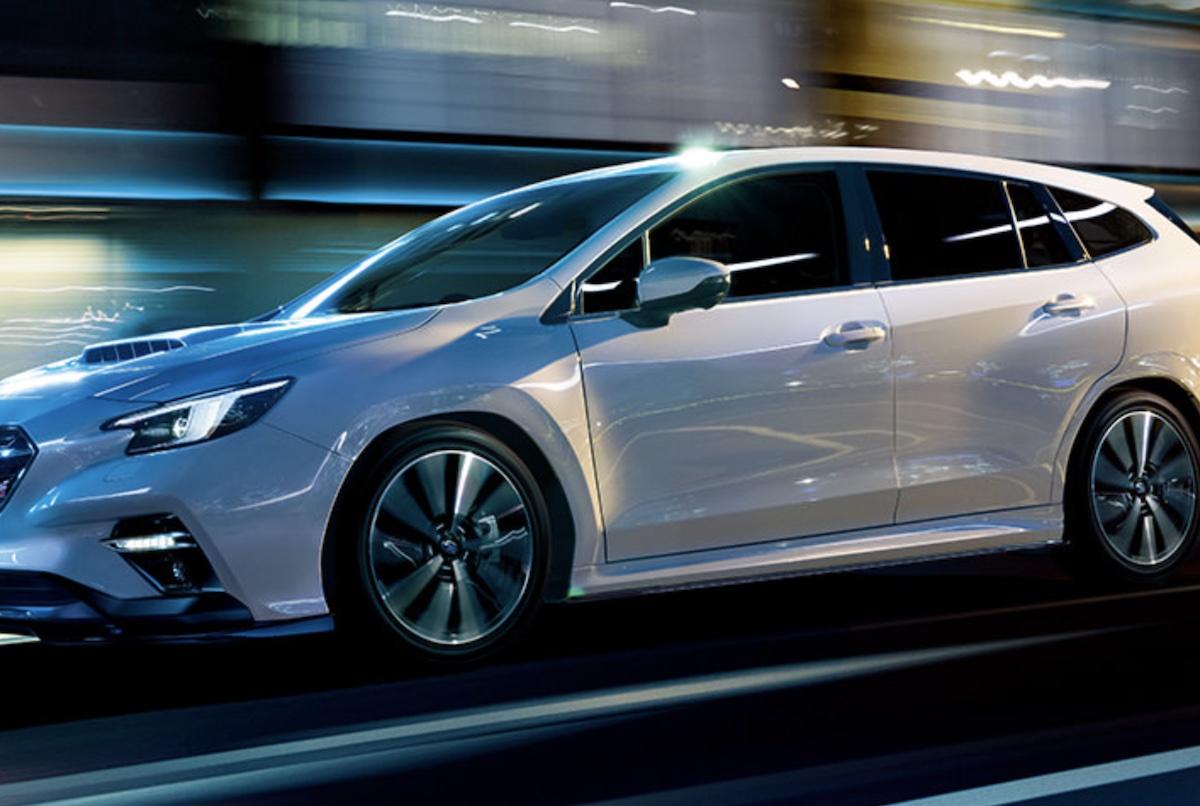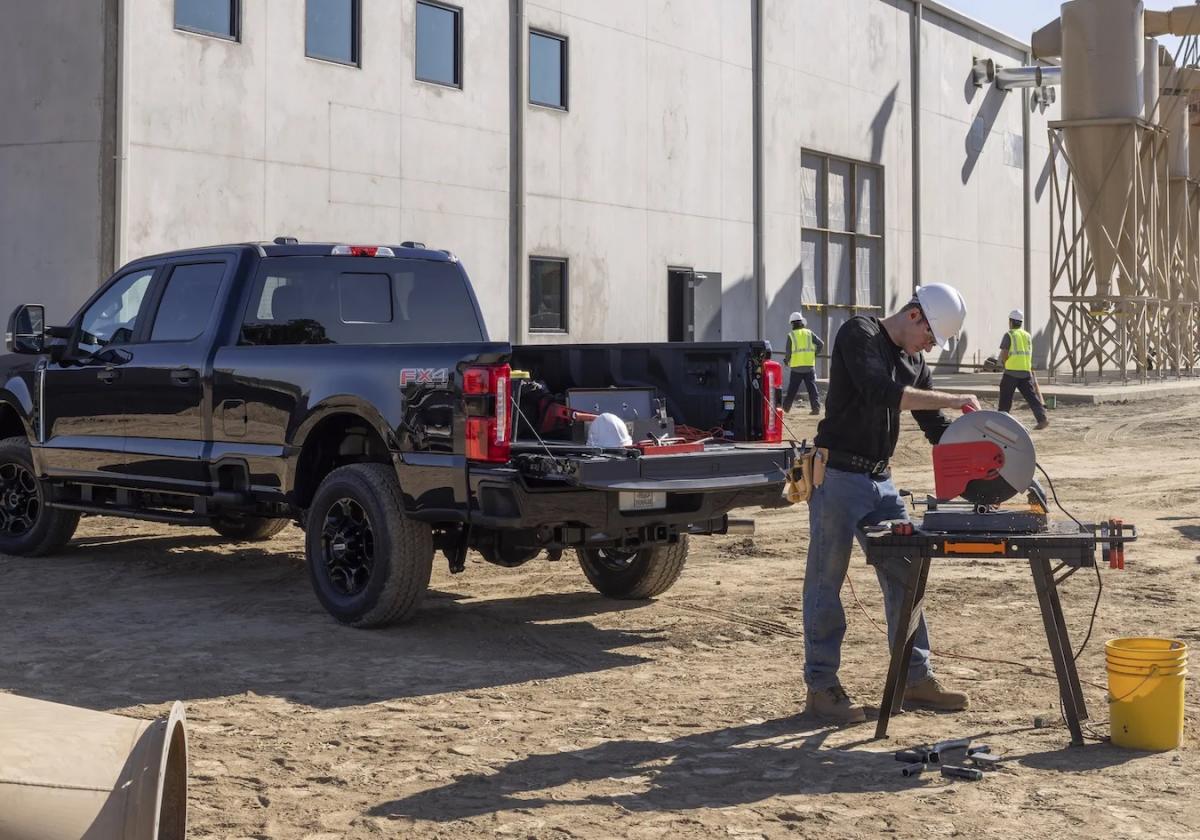- Daihatsu admits wrongdoings in crash safety tests
- Over 88,000 cars are involved—cars sold in places like Malaysia, Thailand, Mexico and Saudi Arabia
- Daihatsu parent company Toyota weighed in heavily with chairman Akio Toyoda saying the breach was an “unacceptable act that betrays the trust of our customers.”
Daihatsu car shipments have been suspended after it admitted wrongdoings in crash safety tests this week. The Japanese small car maker said it had discovered the rigged safety test after a whistleblower report. The company reported the issue to regulatory agencies and stopped the shipment of affected models.
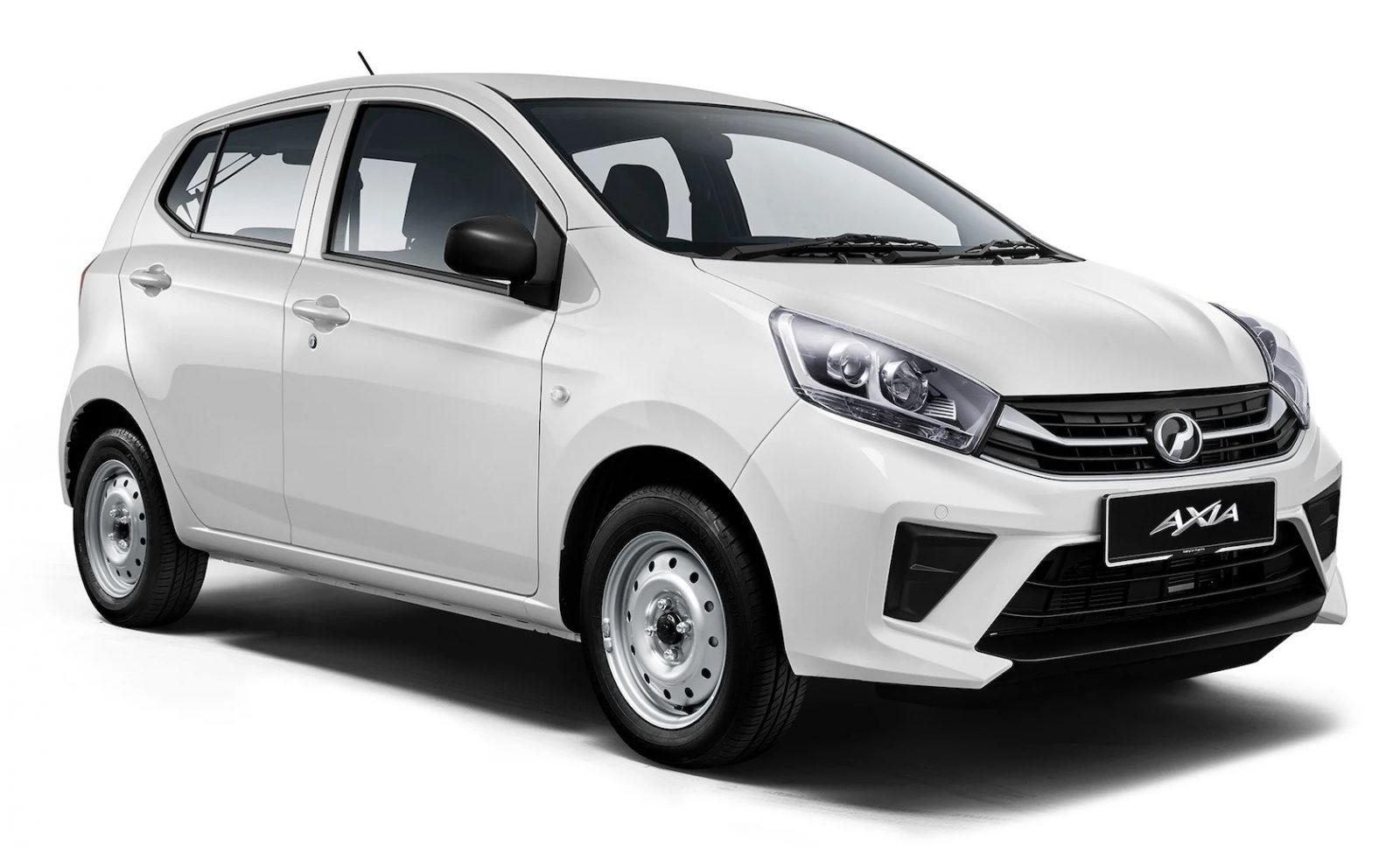
According to Toyota’s subsidiary Daihatsu, the company rigged part of the door in side-collision safety tests carried out for some 88,000 small cars, and vehicles sold in Malaysia, Thailand, Indonesia, Saudi Arabia, the United Arab Emirates, Kuwait, and Mexico.
The affected models include Toyota Yaris Ativs made in Thailand last August, and Perodua Axias manufactured in Malaysia starting in February.
Although the announcement came from Daihatsu, Toyota took the news hard, given that Japan’s No 1 carmaker is the parent company of Daihatsu, and feels equally responsible. The discovery of the rigged safety test is the first crisis for Toyota President Koji Sato, who took over the top job from Toyoda on April 1.
“We have to find the cause of what happened, including examining the environment in which it happened, and once we’ve confirmed that to take appropriate action to address the underlying cause,” Sato said.
“Daihatsu’s wrongdoing is a matter that concerns safety, which is the most important aspect of vehicles. We consider this an absolutely unacceptable act that betrays the trust of our customers. Since this problem occurred with a Toyota brand passenger car, we believe that the problem is not limited to Daihatsu,” said Akio Toyoda, Toyota Chairman of the Board.
Toyoda, who was Toyota president a decade ago when a string of recalls prompted U.S. investigations, said he wanted all Toyota employees to understand that “making better cars” required a commitment to speak out about problems. “We can’t run away from this or hide,” he said.
According to a Daihatsu spokesperson, the door trim on the affected vehicles had been modified with a “notch” to minimize the risk in testing that the door interior could break, leaving a sharp edge that could cause injury to an occupant when the side airbag deployed in an accident.
The modification for testing was not part of the production vehicle, the companies said. Toyoda said the companies were investigating how the side panel of the Yaris and other models had been altered for safety testing and apologized for what he called an “unacceptable” violation of consumer trust.
Toyota said it had not received any report of an accident or injury related to the rigged side-crash test.
One shortcoming of Daihatsu’s admission however, was that it was not immediately clear who had rigged the doors for crash testing, how widespread the knowledge of the action had been within Daihatsu and whether senior management had approved the procedure.
“We’ll proceed with a detailed investigation, but we promise to decisively uncover what happened at the site, investigate the true intentions and work to prevent a recurrence,” Toyoda told reporters. “We’re going to need some time to do that.”
Of the 88,000-plus vehicles, some 76,000 were Yaris models mainly bound for Thailand, Mexico and Gulf Cooperation Council countries, Daihatsu said.
About 11,800 affected vehicles were Axias manufactured by Daihatsu at a joint venture plant it runs with Malaysian automaker Perodua. Those cars were sold in Malaysia.
Daihatsu said it would run new safety tests in the presence of regulators and confirm the safety of the models before resuming shipments.
OUR THOUGHTS
The recall comes at a time when Daihatsu’s parent company Toyota has been scaling production back up from restrictions imposed by a shortage of semiconductors, and pressure to accelerate electric vehicles production, while dealing with a sales slump in China. However, as we saw with two Toyota recalls dealing with so-called “unintended acceleration” back in 2010, when it had to handle an unprecedented 8 million car mechanical issue, Japan’s biggest carmaker has a tried and proven way of fighting back and regaining customer confidence inside of one year. So Daihatsu should be able to fix the problem quickly and recover too.

